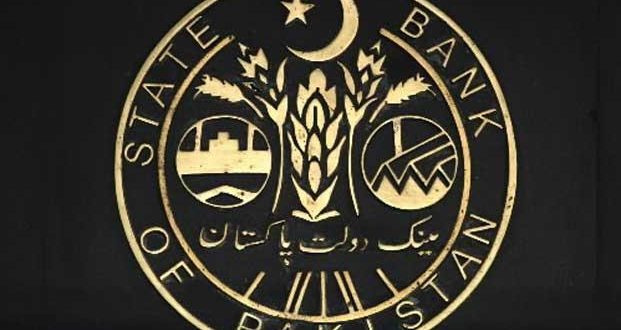The State Bank of Pakistan’s (SBP) Monetary Policy Committee (MPC) on Wednesday decided to keep the policy rate unchanged at 11%, defying market expectations of a potential 50-100 basis point (bps) rate cut.
SBP Governor Jameel Ahmad confirmed the decision during a press briefing, noting that the policy rate remains at 11%, despite market anticipation for an easing. Analysts had expected a rate cut in response to improving inflation indicators and manageable external factors.
“In the last fiscal year, average headline inflation stood at 4.5%, slightly below the target range of 5-7%,” said Governor Ahmad. “Food inflation has reduced significantly, while core inflation has also declined.”
The decision comes after the MPC had kept the policy rate unchanged at the same level during its meeting on June 16, 2025, citing concerns over inflationary pressures in the coming months.
Market experts, including those from Topline Securities and Arif Habib Limited, had forecasted a rate cut of at least 50 basis points, driven by lower inflation and a favorable external economic environment. Analysts had pointed to a manageable external position and decreasing inflationary pressures as key factors that could pave the way for monetary easing.
“With inflation down, the external position currently in a manageable zone, and yields already on a downward slope, conditions seem ripe for further monetary easing, though some risks cast a shadow,” said analysts at Arif Habib Limited.
Internationally, oil prices have dropped by nearly 4%, hovering around $69 per barrel, providing some relief to inflationary concerns.
For June 2025, Pakistan’s year-on-year inflation stood at 3.2%, a drop from 3.5% in May 2025. Additionally, Pakistan’s current account posted a surplus of $2.1 billion during FY2024-25, marking a sharp contrast to the deficit of $2.07 billion in FY24.
Despite the improvement in macroeconomic indicators, the SBP opted to maintain its policy stance, considering ongoing risks such as rising import demand and global commodity uncertainties.
The SBP has indicated that it will continue to monitor economic conditions closely and adjust its policy as necessary in the second half of the year.




